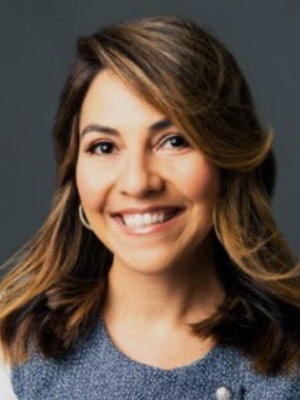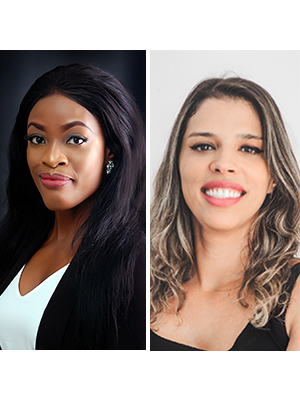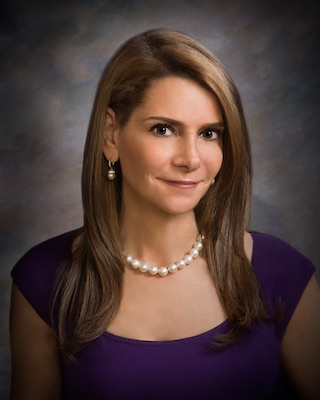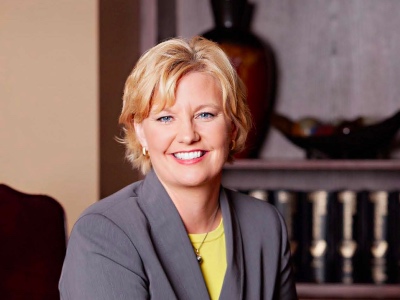 In honor of Women’s History Month, it is important to take the time to understand just how much women have contributed to modern society. Of course, it’s easy for most people to identify those “superhero” women who juggle childcare, home duties, education, and work. In reality, though, many of these women also contribute to making the world a better place by pursuing their dreams, careers, and personal aspirations.
In honor of Women’s History Month, it is important to take the time to understand just how much women have contributed to modern society. Of course, it’s easy for most people to identify those “superhero” women who juggle childcare, home duties, education, and work. In reality, though, many of these women also contribute to making the world a better place by pursuing their dreams, careers, and personal aspirations.
To achieve their goals, women have also fought to shatter the glass ceiling by finding corporate success as leaders of Fortune 500 companies. For example, Susan Wojcicki took the helm of YouTube in 2014; but long before her rise as the video-sharing platform’s CEO, she was already an entrepreneur paving her way as one of today’s highest-performing female CEOs. Similarly, in 2012, Ginni Rometty was announced as president and CEO of IBM, becoming the company’s first female chief in its 108-year history.
For certain women leaders, however, achieving professional success and recognition is simply not enough. That’s why many of them find ways to use their corporate influence to impact change—and some even transition away from the corporate world altogether and, instead, use the skills they’ve gained to start social impact programs that truly make a difference in the lives of others.
Take Melissa Lightfoot Levick, for example. Lightfoot Levick is the executive director of ONEHOPE Foundation. Through the contacts and experience she gained in her prior leadership roles in tech businesses, she now uses her knowledge and skills to connect nonprofit organizations with commercial companies, which then enables customers to support brands with charitable affiliations.
It’s no surprise, either, that we see women leaders dedicated to improving children’s lives—such as by better protecting their online experiences, for example. The KIDS TOO Movement was recently launched to further this goal. KIDS TOO works collaboratively with other nonprofits to drive legislation that protects children from online predators, child sexual abuse material, and sex trafficking. The organization also provides parents with helpful information about how to spot warning signs and how to educate their children about the appropriate use of digital devices and platforms.
For all women in the workplace, no matter what their community passions are, there are all sorts of ways for them to use their experience and skills to advocate for all the social issues that matter most to them. For example, women can:
- Spread Awareness. Women play a key role in bringing attention to important issues and elevating these issues to national awareness. They can speak at national events and conferences to address social issues that are important to them. They can use their influence in the workplace to create social impact programs. They can serve on boards of nonprofit organizations to assist with their executive leadership needs.
- Step Up and Volunteer. Many nonprofits rely on volunteer assistance, and women with relevant knowledge and expertise often step up to the plate. Organizations that advocate for social change, in particular, often rely on these women to roll up their sleeves and get the work done. While any woman can contribute in meaningful ways, those with specialized skills, such as attorneys and tech specialists, can add significant value to any social program that needs their expertise, driving even more impact.
- Help Drive Funding. Many women now serve in the C-suite for leading brands. Since most corporations set aside funding to contribute to community causes, women in executive leadership can often use their influence to allocate funding to causes that matter the most to them. Social-impact organizations typically need funding in order to advance their mission; thus, when women drive funding to nonprofit groups, they themselves are playing a vital role in ensuring the success of these organizations.
Throughout the ages, in spite of regular and ongoing obstacles and challenges, women have always played a pivotal role in tackling social issues. As such, their leadership, experience, skills, and power should continue to be leveraged in positive ways to address the many pressing needs identified throughout the world today. Now, during Women’s History Month, it is especially vital to remember and honor women’s collective power and to acknowledge how successful women have been—and will continue to be—at shaping our communities in healthy and positive ways.
By Tania Haigh, founder of the KIDS TOO Movement and co-founder of Parents Against Child Sex Abuse (P.A.X.A.)




 by Tina Vasquez (Los Angeles)
by Tina Vasquez (Los Angeles)